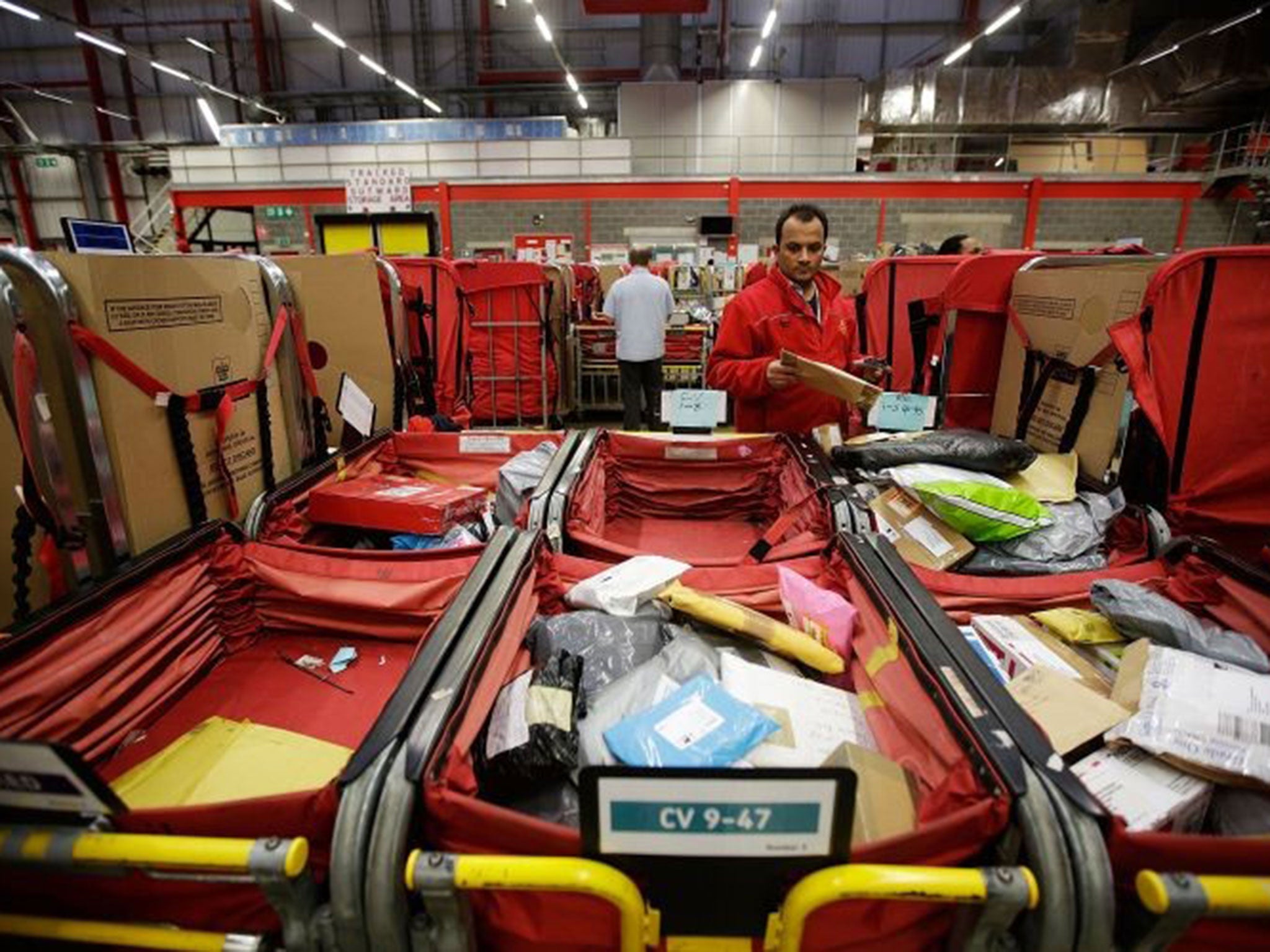Scottish independence: MPs set to 'pour scorn' on SNP finance plans
Renationalising independent Scotland's Royal Mail will be tricky, and charging UK students will be illegal, says committee

Your support helps us to tell the story
From reproductive rights to climate change to Big Tech, The Independent is on the ground when the story is developing. Whether it's investigating the financials of Elon Musk's pro-Trump PAC or producing our latest documentary, 'The A Word', which shines a light on the American women fighting for reproductive rights, we know how important it is to parse out the facts from the messaging.
At such a critical moment in US history, we need reporters on the ground. Your donation allows us to keep sending journalists to speak to both sides of the story.
The Independent is trusted by Americans across the entire political spectrum. And unlike many other quality news outlets, we choose not to lock Americans out of our reporting and analysis with paywalls. We believe quality journalism should be available to everyone, paid for by those who can afford it.
Your support makes all the difference.An influential committee of MPs is set to "pour scorn" on two key financial claims made by the Scottish independence campaign this week. Plans by the ruling Scottish National Party (SNP) to renationalise the Royal Mail north of the border would be excessively expensive, a report by the House of Commons Business Select Committee will conclude. It is also expected to say charging students coming from the rest of the UK to study in Scotland would break European Union law.
The conclusions will help ignite the independence debate which will also witness the first live debate on STV between Scotland's First Minister, Alex Salmond, and Alistair Darling, the former Labour chancellor, who heads the "Better Together" campaign. With just 44 days to go before next month's vote, it is expected that Mr Salmond will attempt to woo voters and make up the 14 per cent gap in the opinion polls which suggest the pro-Union Better Together movement should comfortably win.
The select committee's full report examining the business implications of Scottish independence is expected to be published later this week. It is understood it will reject the SNP's argument that it could continue to charge English, Welsh and Northern Irish students attending Scotland's universities. The charges will bring the Scottish administration an additional £62m a year in 2014-15.
However, as a separate EU state, Scotland could no longer only charge the rest-of-the-UK students tuition fees of up to £9,000 a year while those from Scotland and elsewhere in the EU pay nothing, according to legal experts. Under EU rules, there can be different charging regimes only for students within the same state. "That's not a sustainable income stream up north," said a source close to the committee.
Mr Salmond has also pledged to renationalise the Scottish part of the Royal Mail after the coalition privatised the five-century-old service last year. In June, the select committee accused the Government and its advisers of undervaluing the Royal Mail by about £1bn when shares were first sold on the London Stock Exchange in October.
The MPs will conclude this means it will be much costlier for Scotland to buy back its share of Royal Mail. Scotland is also a particularly expensive area to run the universal service, as postal workers are delivering mail to remote locations.
"The distribution and mail centre costs are high because of the distance," said a member of the committee. "How you could renationalise the Royal Mail without higher subsidies or prices has not been explained. I think there are a lot of difficult questions for the SNP."
Several of the MPs on the committee, which is chaired by Labour MP Adrian Bailey, are also "extremely irritated" that Scotland Finance Secretary John Swinney did not give evidence. He was due to attend, but diary clashes initially delayed his hearing and Mr Swinney is said to have eventually decided against appearing before the parliamentary committee.
A spokesman for Mr Swinney said: "The fact a Westminster committee of anti-independence MPs has chosen to attack such policies speaks volumes. It is the Scottish Government's commitment to vital public services – and the parallel threat to such services from Westminster's privatisation agenda, including to the NHS – that is seeing more and more people deciding to vote Yes to an independent Scotland."
Join our commenting forum
Join thought-provoking conversations, follow other Independent readers and see their replies
Comments